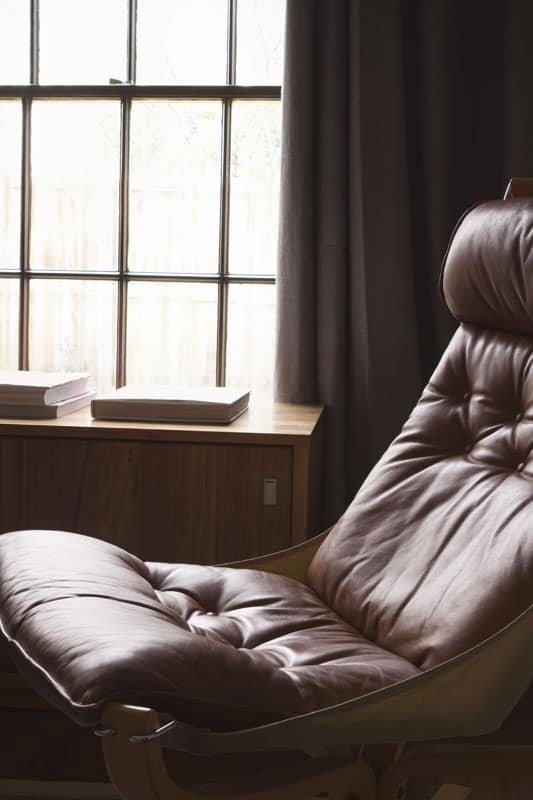What Are Domestic Offences?
There are various kinds of domestic offences which are mentioned below:
- Assault
- Assault causing bodily harm
- Assault with a weapon
- Aggravated assault
- Uttering threats
- Mischief
- Criminal Harassment
- Unlawfully in a dwelling
Why Domestics Are Taken So Seriously - Domestic Defences
Defence In Legal Meaning
A defence provides a legal excuse for the offence such that the accused will not be found guilty. It is different from an explanation for why an offence occurred. As with all domestic offences, there are defences to an assault allegation. These can include: consent, self-defence, and mistake of fact. A complete review of these defences is beyond the scope of this information. Contact us if you want to discuss a defence to a crime.
Defending Domestic Charges and Offences
A defence provides a legal excuse for the offence such that the accused will not be found guilty. It is different from an explanation for why an offence occurred. As with all domestic offences, there are defences to an assault allegation. These can include: consent, self-defence, and mistake of fact. A complete review of these defences is beyond the scope of this information. Contact us if you want to discuss a defence to a crime.
Request Free Consultation
Please fill out the form below to find out if you're eligible for a free 30 minute phone consultation. Learn more »
"*" indicates required fields
Defence
A defence provides a legal excuse for the offence such that the accused will not be found guilty. As with all domestic offences, there are defences to an assault allegation. These can include: consent, self-defence, and mistake of fact.
Assault
Any unwanted contact between one person and another person is sufficient. In fact, there need not necessarily be contact so long as the person being assaulted perceives an imminent risk of such contact and the aggressor has the immediate capability of effecting that purpose.
What Makes An Offence Domestic?
An offence will be deemed ‘domestic’ so long as there is some flavour of romantic/sexual/familial connection between the person charged and the complainant. Thus, husbands and wives, boyfriends and girlfriends will naturally fall within the scope of this definition. The domestic label can also be asserted in the case of a person wanting such a relationship (e.g. criminal harassment) where one party in interested and the other party is not.
Zero Tolerance
Although it has long been an offence to strike your spouse, in Canadian society today it is no longer acceptable to turn a blind eye to this behaviour. The physical and emotional harm that is caused by aggressive partners who abuse their spouses is now widely viewed as a social evil that needs to be prevented at any cost. All too often there is escalation in violence. To prevent recurrence of violence, police and Crown attorneys are instructed to treat the person accused of these offences strictly, so as to deter further suggestion of abuse. That is why a person can be charged after a domestic dispute based solely upon one person’s version of events. Police are specifically instructed to make arrests in most cases where one party credibly states that a crime was committed. There is no requirement for a case to be made out beyond a reasonable doubt. All that is required is reasonable and probable grounds.
Assault – What Qualifies?
Any unwanted contact between one person and another person is sufficient. In fact, there need not necessarily be contact so long as the person being assaulted perceives an imminent risk of such contact and the aggressor has the immediate capability of effecting that purpose. For instance, something as arguably minor as a wrist grab could constitute an assault. Of course, there are more serious kinds of assault. There is assault causing bodily harm, assault with a weapon, and aggravated assault. There are also similar offences in the sexual assault context including sexual assault simpliciter, sexual assault causing bodily harm, sexual assault with a weapon, and aggravated sexual assault.
Impact Of Being Charged
The impact of being charged with a domestic offence is dramatic, both for the person charged and oftentimes the complainant as well. If a person is accused of a domestic offence, they will be fortunate if they are released by the police the same night or the next day. Sometimes the accused is held to fight for his or her release at a bail hearing. Whether released by the police or by the court, the accused will be given an undertaking or recognizance with many conditions on it that have the binding effect of law. These conditions are like new laws for the individual accused that remain in effect until they are cancelled or the charges are ultimately disposed of. The most dramatic release condition imposed upon all persons charged with domestic offences is not to have any contact with the complainant either directly or indirectly.
Types of Domestic Offences – Assault in all its forms
Other Domestic Offences Including Breaches Of Probation And Recognizance
Charging Conditions
There are two ways that defence lawyers can help changing release conditions. One is with Crown consent. The other is through a variation hearing before a Justice of the Peace or judge. The process is often complex and expensive. The most common change in conditions sought is the ability of the accused and complainant to communicate. While this condition can be varied, it is not easily accomplished and is not normally recommended before a few months have elapsed.
Options
A person accused of domestic offences usually has only two viable options: 1) plead guilty or 2) go to trial. A criminal defence lawyer can sit down with an accused person and review the evidence the Crown would seek to admit against the accused to provide the best possible course of action. Contact us now if you would like to schedule a consultation.



















